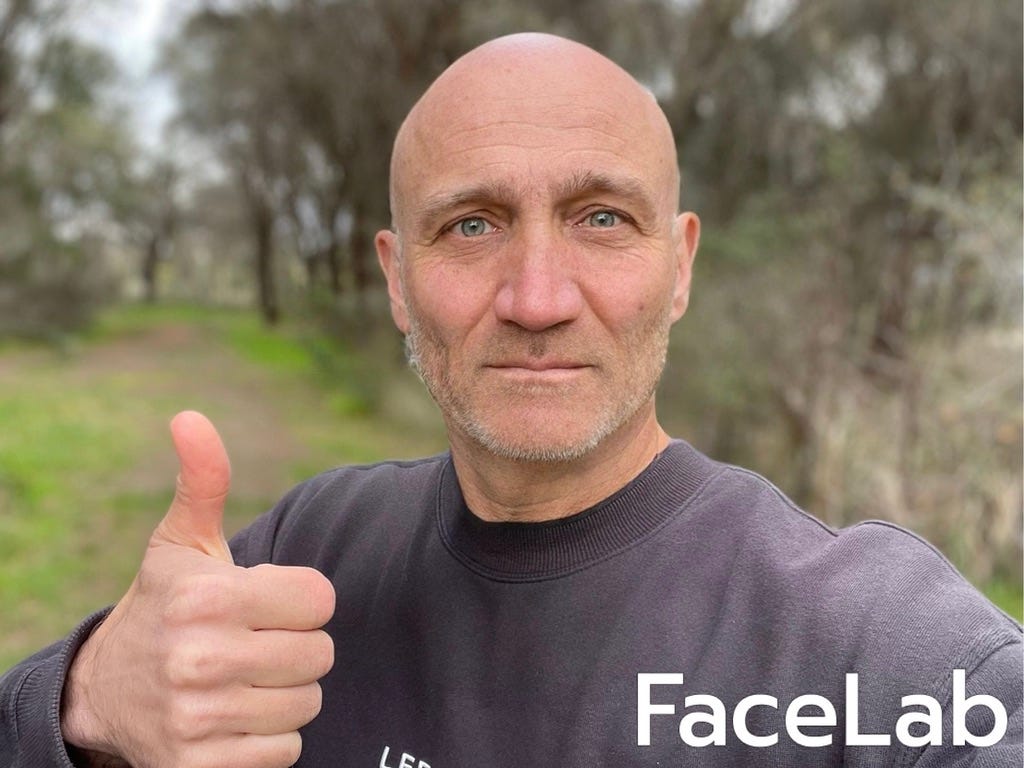Quick note: I’m testing the water for a personal productivity coaching service. Hit reply or DM me on Twitter for a free, async session. I won’t try to sell you anything just keen to have a chat.

There’s a Seinfeld scene where Jerry laments never getting enough sleep. He blames it on his Night Guy personality, who doesn’t care how sleep deprived his future self will be.
Here’s the transcript, but you should go watch the original scene.
I never get enough sleep. I stay up late at night, cause I’m Night Guy. Night Guy wants to stay up late. ‘What about getting up after five hours sleep?’, oh that’s Morning Guy’s problem. That’s not my problem, I’m Night Guy. I stay up as late as I want.
So you get up in the morning, the alarm, you’re exhausted, groggy. Oh, you hate that Night Guy!
See, Night Guy always screws Morning Guy. There’s nothing Morning Guy can do. The only thing Morning Guy can do is try and oversleep often enough so that Day Guy loses his job and Night Guy has no money to go out anymore.
How many times have we been like Jerry? Letting Night Guy take over and hit “Watch next episode” on Netflix. Or perhaps it’s Glutton Guy who takes charge and goes for that extra serving of chocolate sauce-topped ice cream. And how about Party Guy, who loves to grab “just one more” drink?
Every time we give in to Night Guy and the other in-the-moment personalities, we prioritize immediate gratification at the expense of our future selves.
As Jerry Seinfeld observed, Night Guy seems to always screw Morning Guy. But it doesn’t have to be that way. Night Guy, our present self, can become our future self’s most committed ally.
For this to happen, we need to adopt a long-term thinking mindset and develop empathy for our future selves.
Get to know your future self
Long-term thinking is a habit of the mind. It takes time to develop it and effort to maintain it because we are not wired for it.
Hominids and early humans evolved through scarcity and danger. Immediate gratification guaranteed our ancestors’ survival. But that approach has become detrimental in our pampered world of abundance.
One practical way to ignite the shift from short- to long-term thinking is to visualize your future self. Make Night Guy care about Morning Guy so that it can help him out instead of relentlessly sabotaging him.
You can visualize your future self using an aging filter. Here’s future Gio, according to FaceLab app:
Looking at a possible older version of ourselves engages our minds in mental time travel and shifts our perspective toward the future by giving us something concrete to hold on to. In his book Your Future Self, Hal Hershfield discusses this and other mental time-traveling techniques as ways to develop empathy with the future version of us.
Of course, a computer-generated picture of our older selves won’t magically change our outlook on life. But it can act as a strong catalyst. Whenever I look at my picture, it triggers a cascade of understanding and helps me stay in long-term thinking mode.
Why long-term thinking matters
Long-term thinking is a crucial mindset to adopt for those seeking meaningful productivity.
Any meaningful project you’ll ever tackle will take years to complete. You can’t expect to build a company, write a book, lose weight, or start a family, from one day to the next. It takes time and consistent, sustained effort. In this context, it’s critical to make decisions that optimize for the long haul, even when they might not be ideal in the short run.
Developing empathy for our future self is necessary for strategic decision-making. Visualizing the future version of us helps shift our perspective towards the long-term and distinguish between immediate gratification and genuine good decisions.
Long-term thinking requires shifting our rewards center towards delayed gratification. Delaying gratification is easier when we can mentally time-travel to the future, where our older selves and our families will be thankful for the sacrifices we made today.



